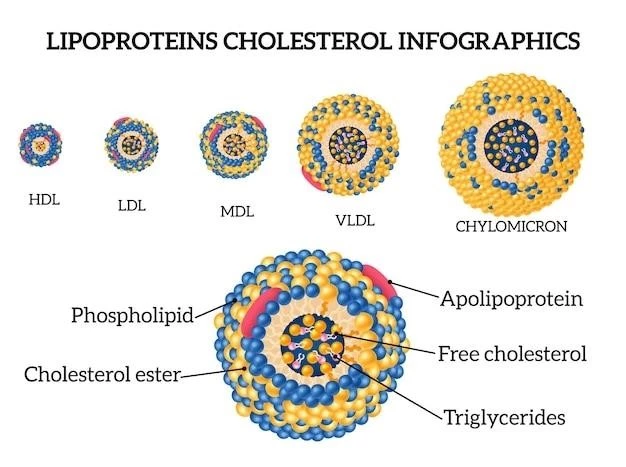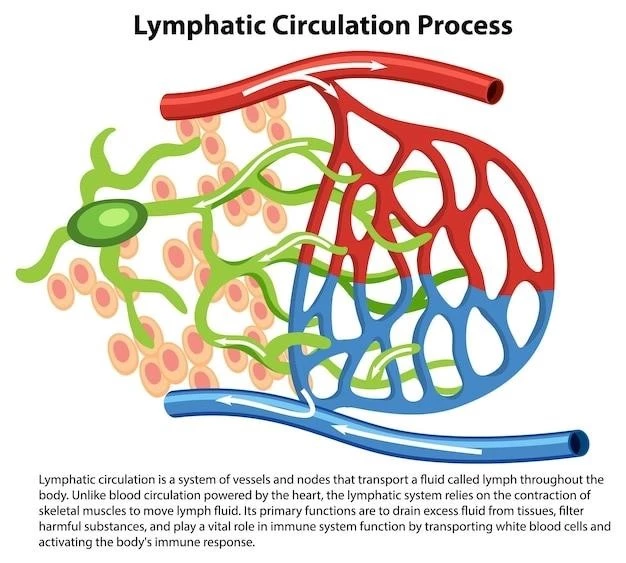Overview of Bickel Fanconi Glycogenosis
When exploring Bickel Fanconi Glycogenosis, it’s crucial to understand its causes, symptoms, diagnosis, treatment options, genetic inheritance patterns, research advances, management of complications, and quality of life. Let’s delve deeper into each aspect step by step.
Causes of Bickel Fanconi Glycogenosis
Understanding the causes of Bickel Fanconi Glycogenosis is essential for managing the condition effectively. This rare genetic disorder is caused by mutations in the SLC2A2 gene, which provides instructions for making a protein called glucose transporter 2 (GLUT2).
These mutations impair the function of GLUT2, leading to difficulties in transporting glucose and galactose in the liver, kidneys, intestine, and pancreatic cells. As a result, affected individuals experience issues with sugar absorption and storage, leading to the accumulation of glycogen in various organs.
It’s important to note that Bickel Fanconi Glycogenosis follows an autosomal recessive pattern of inheritance, meaning that a person must inherit two mutated copies of the SLC2A2 gene (one from each parent) to develop the condition. Carriers of one mutated gene are generally asymptomatic.
By understanding the underlying genetic cause of Bickel Fanconi Glycogenosis, healthcare providers can tailor treatment plans and offer genetic counseling to families at risk of passing the condition to future generations.
Symptoms and Diagnosis of Bickel Fanconi Glycogenosis
Recognizing the symptoms and obtaining a timely diagnosis for Bickel Fanconi Glycogenosis are crucial for proper management. Common symptoms include failure to thrive, growth retardation, enlarged liver, kidney dysfunction, hypoglycemia, and rickets.
Diagnosis involves a thorough physical examination, assessing symptoms and medical history, along with laboratory tests to measure blood glucose, galactose, electrolyte levels, liver and kidney function, and genetic testing to confirm mutations in the SLC2A2 gene.
Due to the rarity of this condition, it is essential for healthcare providers to work collaboratively, possibly with specialists in genetics, endocrinology, and hepatology, to ensure accurate diagnosis and appropriate management. Early detection and intervention can help improve outcomes and quality of life for individuals affected by Bickel Fanconi Glycogenosis.
Treatment Options for Bickel Fanconi Glycogenosis
When addressing Bickel Fanconi Glycogenosis, a comprehensive treatment approach is necessary to manage the condition effectively. Since there is currently no cure for this genetic disorder, treatment focuses on symptom management, supportive care, and dietary modifications.
Individuals with Bickel Fanconi Glycogenosis may require a multidisciplinary medical team involving geneticists, endocrinologists, dietitians, and other specialists to develop a personalized treatment plan. This plan may include regular monitoring of blood glucose levels, dietary interventions to manage sugar intake, vitamin supplementation to address deficiencies, and growth hormone therapy to support growth.
Moreover, liver and kidney function should be closely monitored to address any complications that may arise. In severe cases, liver or kidney transplantation may be considered. It is important for individuals with Bickel Fanconi Glycogenosis and their caregivers to maintain open communication with healthcare providers to ensure timely adjustments to the treatment plan as needed.
Genetic Inheritance Patterns in Bickel Fanconi Glycogenosis
Understanding the genetic inheritance patterns of Bickel Fanconi Glycogenosis is essential for individuals and families affected by this condition. As an autosomal recessive disorder, both parents must pass on a copy of the mutated gene for a child to develop the disease.
Carriers of a single mutated gene are typically asymptomatic but can pass the gene on to their offspring. Genetic testing can help identify carriers and provide valuable information for family planning decisions. Genetic counseling is recommended for individuals at risk of carrying the mutated gene to understand the implications and options available.
By recognizing the inheritance patterns associated with Bickel Fanconi Glycogenosis, families can make informed choices about reproductive planning and access available support services. Collaborating with healthcare providers and genetic counselors can provide guidance and resources to navigate the genetic complexities of this condition.
Research Advances in Bickel Fanconi Glycogenosis
Keeping up with the latest research developments in Bickel Fanconi Glycogenosis is crucial for improving diagnosis, treatment, and overall management of the condition. Recent studies have focused on exploring new therapeutic strategies, identifying potential drug targets, and enhancing genetic counseling methods.

Researchers are investigating gene therapy approaches that aim to correct the underlying genetic defect responsible for Bickel Fanconi Glycogenosis. Clinical trials are underway to assess the safety and efficacy of these innovative treatments, offering hope for future interventions that could modify the course of the disease.
Advancements in understanding the molecular mechanisms involved in Bickel Fanconi Glycogenosis have paved the way for precision medicine approaches tailored to individual genotypes. Collaborative efforts between research institutions, healthcare providers, and patient advocacy groups are essential for translating research findings into tangible benefits for those affected by this rare genetic disorder.
Management of Complications in Bickel Fanconi Glycogenosis
Effectively managing the complications associated with Bickel Fanconi Glycogenosis is crucial for enhancing the quality of life for individuals with this condition. Given the multisystem nature of the disorder, a multidisciplinary approach involving various medical specialists is often necessary.
Complications such as liver and kidney dysfunction, growth retardation, hypoglycemia, and metabolic abnormalities may require targeted interventions. Close monitoring of organ function, nutritional status, growth parameters, and developmental milestones is essential to detect and address complications promptly.
Individualized treatment plans may include dietary modifications, growth hormone therapy, vitamin supplementation, and, in severe cases, organ transplantation. Regular follow-up appointments with healthcare providers are essential to assess response to treatment, manage complications, and optimize overall health outcomes.
By addressing complications proactively and collaboratively, healthcare teams can help individuals with Bickel Fanconi Glycogenosis navigate challenges and improve their overall well-being.
Quality of Life and Prognosis in Bickel Fanconi Glycogenosis
Understanding the impact of Bickel Fanconi Glycogenosis on quality of life and prognosis is essential for individuals and families navigating this rare genetic disorder. While managing symptoms and complications is crucial, addressing the psychosocial aspects of the condition is equally important.
Individuals with Bickel Fanconi Glycogenosis may face challenges related to growth, development, dietary restrictions, and ongoing medical care. It is essential to provide holistic support that considers their physical, emotional, and social well-being.
Collaboration with healthcare providers, genetic counselors, and support groups can help individuals and families cope with the challenges posed by Bickel Fanconi Glycogenosis. Open communication, access to resources, and a supportive network can enhance overall quality of life and empower individuals to navigate the complexities of the condition.
While the prognosis for individuals with Bickel Fanconi Glycogenosis can vary based on the severity of symptoms and response to treatment, early diagnosis, proactive management of complications, and a multidisciplinary care approach can positively influence long-term outcomes and quality of life.
Conclusion
In conclusion, Bickel Fanconi Glycogenosis is a complex genetic disorder that affects various organ systems and presents unique challenges for individuals and families. Understanding the causes, symptoms, diagnosis, treatment options, genetic inheritance patterns, research advances, complications, quality of life, and prognosis associated with this condition is essential for comprehensive management.
By staying informed about the latest research developments, accessing multidisciplinary care, and fostering open communication with healthcare providers, individuals with Bickel Fanconi Glycogenosis can optimize their quality of life and long-term outcomes. Collaborative efforts between healthcare teams, researchers, genetic counselors, and support networks play a vital role in providing holistic care and support for those affected by this rare disorder.
While there is currently no cure for Bickel Fanconi Glycogenosis, ongoing advancements in research offer hope for improved treatments and interventions in the future. By prioritizing early diagnosis, proactive management of complications, and addressing the psychosocial aspects of the condition, individuals can navigate the complexities of Bickel Fanconi Glycogenosis with resilience and empowerment.
